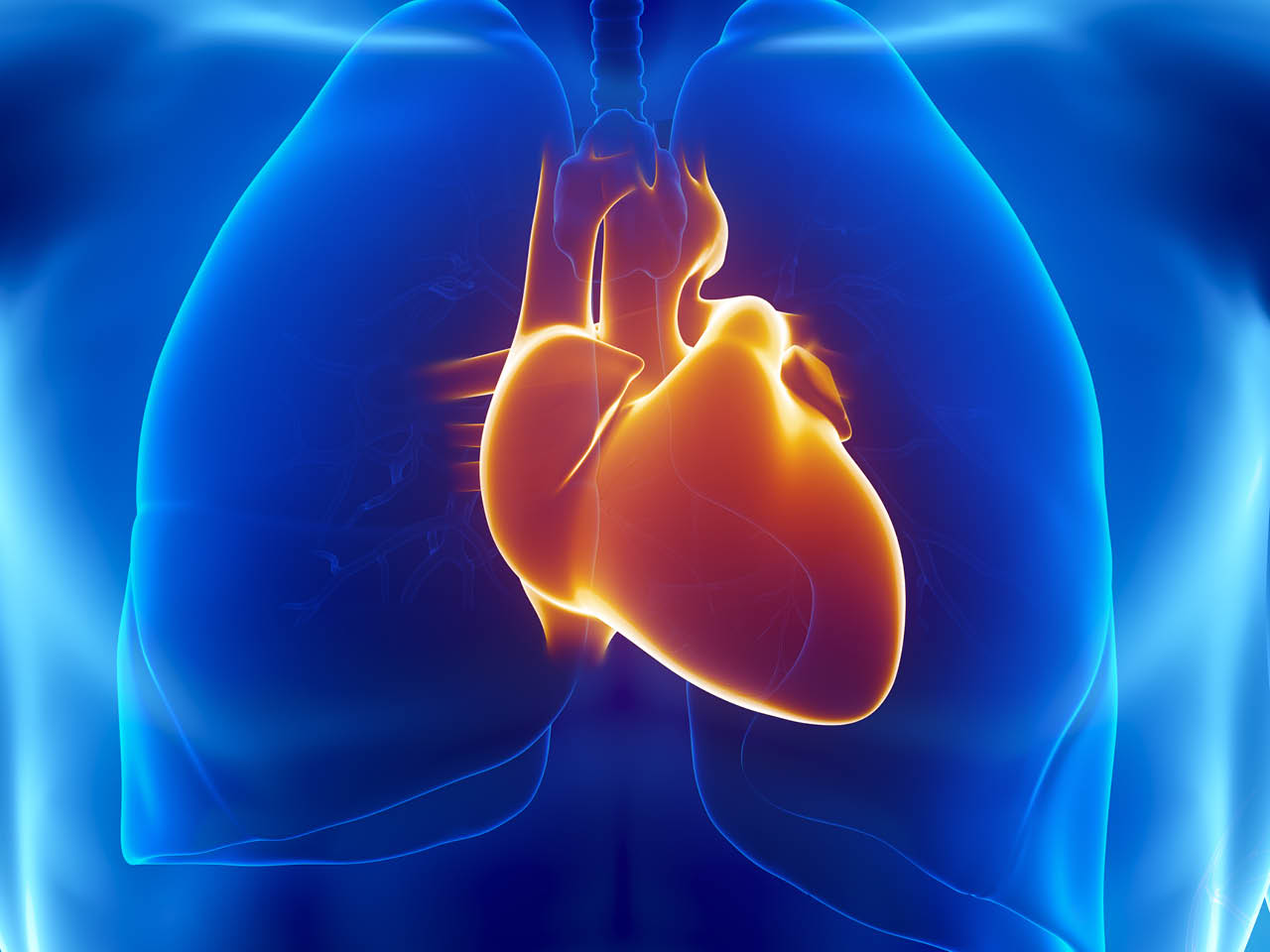Addressing rising risk of cardiovascular diseases in Nigeria
Cardiovascular disease (CVD), which affects both men and women over the age of 50 years of age (although, men are more likely to develop it earlier than women), is one of the many health problems that affect the circulatory system, consisting of the heart, arteries, veins and capillaries. According to WHO, this disease claims an […]

Cardiovascular disease (CVD), which affects both men and women over the age of 50 years of age (although, men are more likely to develop it earlier than women), is one of the many health problems that affect the circulatory system, consisting of the heart, arteries, veins and capillaries. According to WHO, this disease claims an estimated 17.9 million lives each year and has been discovered to be the leading cause of death globally.
CVDs are a team of issues that consists of coronary heart disease, rheumatic heart disease, peripheral artery disease, pulmonary embolism, congenital heart disease and cerebrovascular disease. Coronary heart disease is a type of disease in which the heart arteries fail to supply the heart with an adequate supply of oxygenated blood.
The cardiovascular disease problem in Nigeria’s population is exacerbated by as many factors as the Ozone population. Ozone, which is also recognised as “lung tanning” is a gas and a major air pollutant in photochemical smog. This is caused by the interaction of sunlight with large amounts of uncontrolled- volatile organic compounds (VOCs) produced by burning fossil fuels.
According to WHO, heart attacks and strokes are usually acute events and are mainly caused by a blockage that prevents blood from flowing to the heart or brain. The most common reason for this is a build-up of fatty deposits on the inner walls of the blood vessels that supply the heart or brain. Bleeding from a blood vessel in the brain or from blood clots can cause strokes.
Addressing rising risk of cardiovascular diseases in Nigeria
PHOTOS: Sanwo-Olu rocks Headies gold chain, graces award ceremony
Cardiovascular disorders have been shown to be among the predominant causes of sudden unexpected natural deaths in Nigeria, while hypertensive heart disease and intracerebral haemorrhage are the most prevalent individual causes.
The majority of these deaths occur outside the hospital setting because most persons do not have access to primary health care programmes for early detection because of the high cost of this medical care. As a result, many people are often diagnosed late, which in turn makes the situation more difficult to manage.
It is no news that the risk of cardiovascular disease increases with age in both men and women and unfortunately, this disease is very expensive to treat, given that people do not have sufficient money for hospital bills and thereby they might result to managing their health inappropriately and this little carelessness is what results in rapid death. For this reason, it is important to consider providing health insurance to manage this condition. Providing this insurance will also encourage the patients to visit the hospital when a crisis strikes. Because health insurance offers benefits such as cashless hospitalisation, coverage for pre-existing conditions, day-care expenses, no medical test required and a higher coverage amount, also, there is this peace of mind a person can feel knowing that medically they are covered. It is also comforting to ill-health persons when they know that they have access to affordable care and health information to keep them healthy.
Claire Nwachukwu works with the Centre for Social Justices (CSJ)
